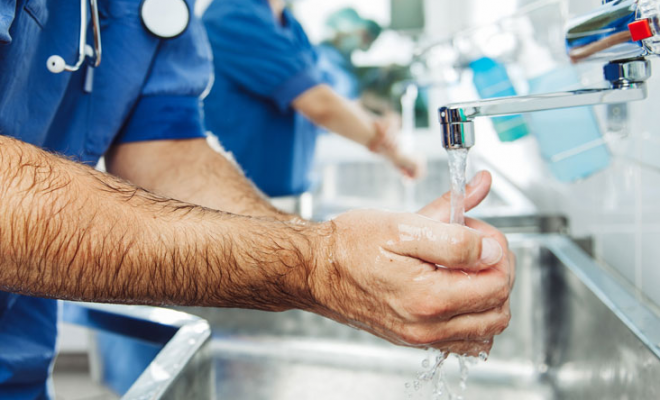6 Types of Common Pharmacy Equipment

If you are planning on opening a pharmacy or beginning a career as a pharmacy technician, you will need to become familiar with common pharmaceutical equipment. These are six types of equipment you will need to know the function of.
- Refrigeration Units
Some medications need to be refrigerated. However, a pharmacy can not use just any household or commercial refrigeration unit. You will need a medical-grade pharmacy refrigerator. These units have been designed specifically to maintain medications at the proper temperature for safe storage. Because refrigeration units may be visible to customers, they are designed to be both attractive and functional.
- Tablet Counting Machines
One of the most important jobs a pharmacy technician will do is to accurately dispense medication. Tablet counting machines assist in this task by using a vibrating plate to move tablets onto a scale until the precise weight specified is reached. The use of these machines helps technicians avoid counting or weighing errors.
- Autoclaves
Autoclaves are used to sterilize tools and surfaces. These machines use a high-pressure jet of steam that has been heated to at least 250 degrees Fahrenheit to kill viruses and bacteria. Technicians need to be trained on the proper use of the machine and on what equipment needs to be cleaned and when the cleaning needs to be performed.
- Liquid Dispensers
Liquid dispensers are like tablet counters for liquid medications. The technician programs in the volume of medication required and the dispenser automatically measures and dispenses the amount specified into a bottle.
- Dispensing Software
Most pharmacies use software programs to track prescriptions, dispense medication and handle administrative functions, such as keeping track of inventory. These systems are often integrated with the point-of-sale systems used to process customer payments for medications. In some instances, these software programs may also be linked to electronic health records, so that they can automatically update the patient’s medical history.
- Personal Protective Equipment
Because pharmacies are sterile environments, technicians may need to utilize PPE, such as face masks, disposable gloves and face shields to avoid potential contamination of medications. Pharmacy employees may also need PPE to prevent them from transmitting potentially infectious diseases, such as COVID-19, to customers or other employees.
Proper use of pharmacy equipment is vital to the safe operation of a pharmacy. Pharmacy owners and technicians need to be aware of how these types of equipment are used in a pharmacy setting.


